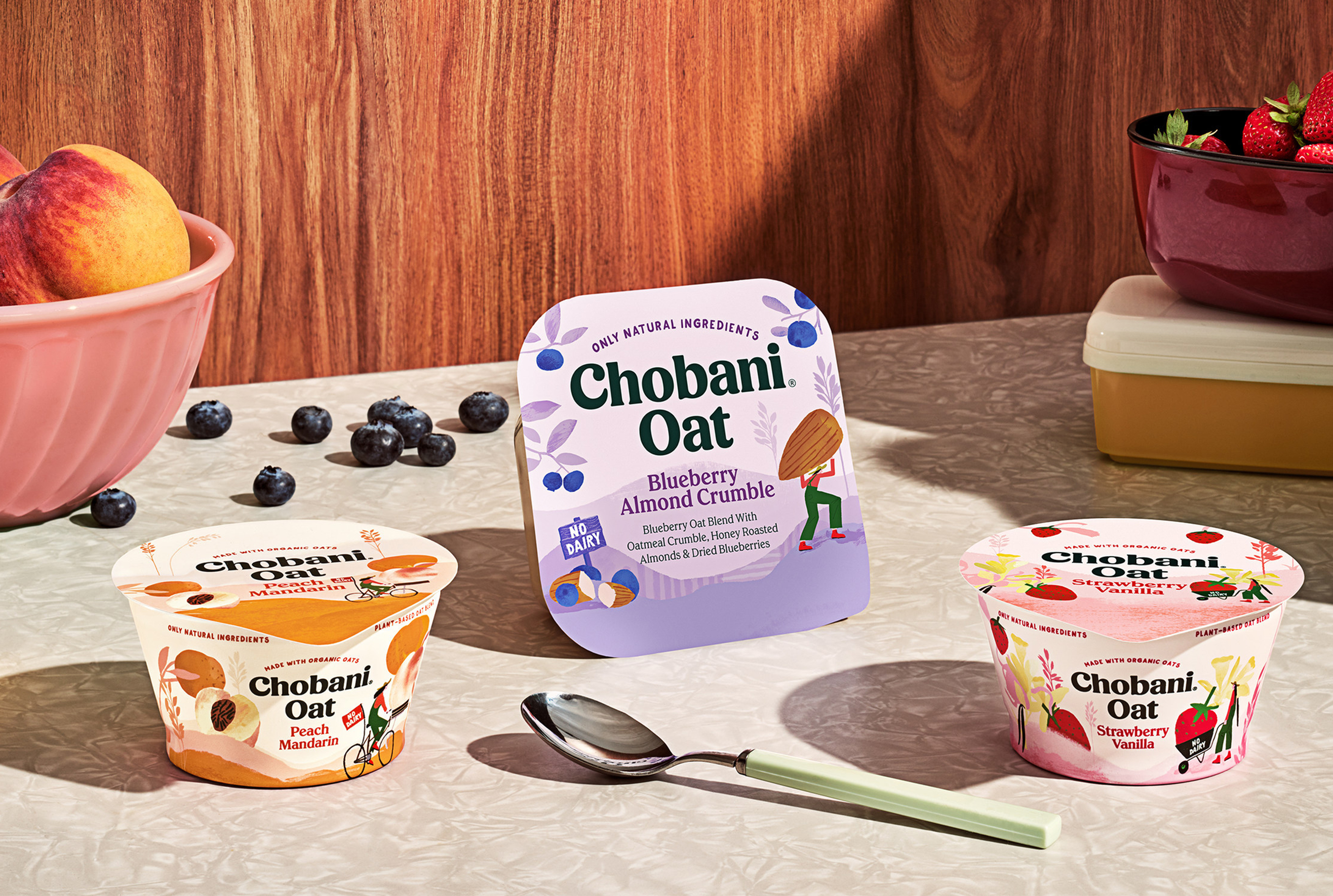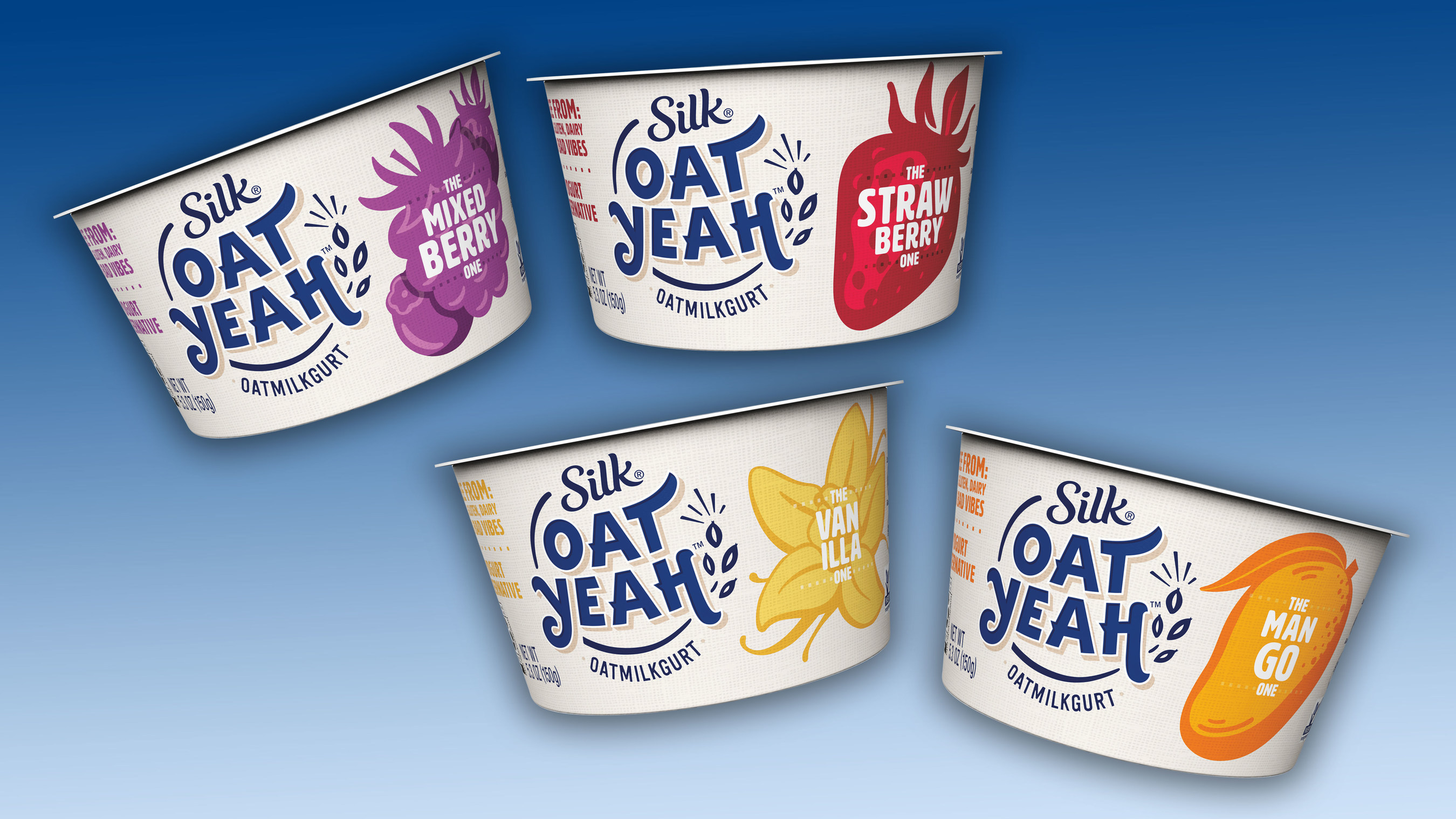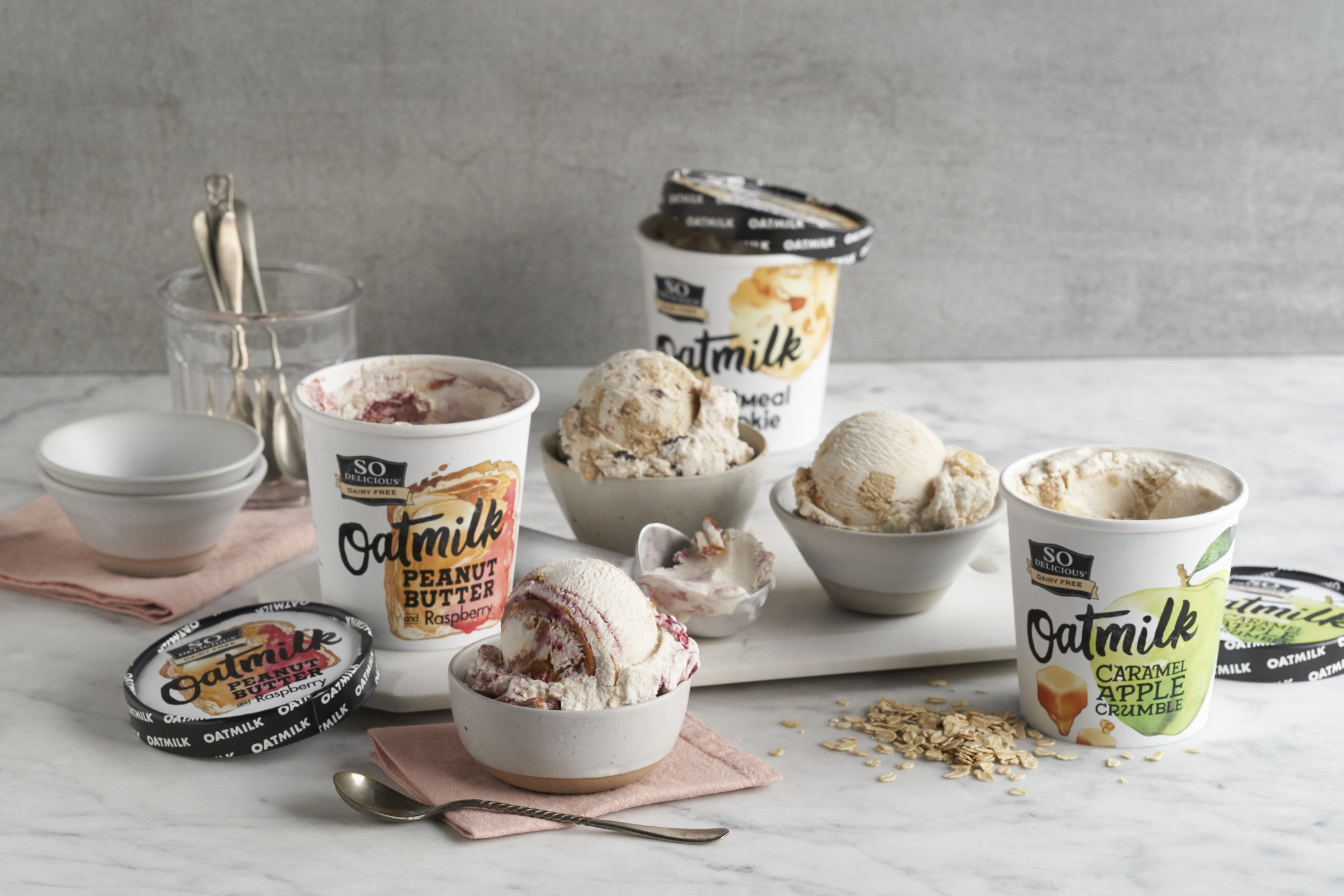The plant-based milk industry is estimated to rise at a steady CAGR of 4.5 percent by 2030. The plant-based industry, which includes meat and dairy alternatives, is a sector that is growing at an unprecedented rate, and the level of competition and disruption in the industry is high.
Plant-based products have evolved to be the perfect substitutes for animal-based products. This is because they contain nutritional benefits and compositions that have become of growing interest to many consumers.
Plant-based milks — such as soy milk, almond milk, coconut milk, oat milk and cashew milk — are amongst the most popular alternative milk products.
The consumption of animal-based products has placed a strain on the environment causing a growing number of consumers to turn to plant-based alternatives. In addition to this, consumers are becoming more conscious about the products that they consume, reducing the intake of animal-based products.
Here is a list of plant-based milk products that have taken over the shelves in supermarkets:
Almond Milk

According to nutritionists, Blue Diamond, Almond Breeze, Elmhurst Milked Almonds and Silk Original Almondmilk are among the most popular almond milk products. The global almond milk market size was estimated at $5.93 billion in 2019 and is expected to reach $6.77 billion in 2020. The CAGR for almond milk is 14.3 percent from 2019 to 2025.
Almond milk is rising in popularity among consumers that are lactose intolerant and have hypercholesterolemia. It is also a popular choice for vegans. This milk product is found in different flavors, such as vanilla and chocolate, and also found in desserts, cream liquor, bakery goods and more.
Soy Milk

The soy milk market size was valued at $7.30 billion in 2018. Soy milk acts as a substitute for cow milk because it contains an equal amount of protein and is low in calories. This is a growing demand for populations with obesity, which is why it is a preferred milk alternative by many consumers who are weight-conscious. Additionally, it is preferred by individuals with high cholesterol levels and those with heart disease. Soy is naturally rich in iron making it a good substitute for the anemic population. The three most popular soy milk brands include Silk, Edensoy and West Soy.
Soy milk comes in different flavors such as vanilla, chocolate and strawberry, which is used to mask the nutty taste of soy in the milk, making it more appealing and popular among the younger population.
The soy milk market is expected to expand rapidly at a CAGR of 6.3 percent from 2019 to 2025. Soy is used mainly in the beverage segment to be consumed directly or used in coffee and tea. Adding soy milk to the dessert segment is of growing interest and is expanding at a CAGR of 6.6 percent from 2019 to 2025.
Oat Milk
The oat milk industry is a growing industry. Many competitors have entered the market, including Oatly, Oatsome, Chobani, and more. The estimated market size was $3.7 billion in 2019 and is expected to grow at a CAGR of 9.8 percent from 2020 to 2027.
The advantages of oat milk are that it is rich in iron, potassium, calcium and vitamin D but it also provides higher protein levels than other milk substitutes. The milk is used in teas, smoothies, coffee and various health drinks.
Oat milk accommodates lactose intolerant individuals but is also a nutrient boosting beverage. During COVID-19, the oat milk segment was rapidly increasing because it has a longer shelf life than other alternative milk products.
Coconut Milk
The coconut milk market is expected to grow at a CAGR of 14.61 percent to reach $2.3 billion by 2023. The milk is made by utilizing the de-watered nuts that are broken into small pieces and then followed by milk extraction. The milk is then filtered and sent for a quality check to obtain purified coconut milk.
The consumption of coconut milk has several health benefits that include improving the immune system. Coconut milk is high in lauric acid which is absorbed by the body and used for energy. It also aids in lowering cholesterol levels and improving blood pressure. Key players in this market are McCormick & Company, Goya Foods, and Dabur India.
Coconut milk comes in two forms, powder and liquid. Liquid coconut milk is growing at a CAGR to reach $1.5 billion million by the end of 2023. Powdered coconut milk is expected to witness the fastest CAGR of 14.8 percent due to its long-lasting shelf life and increased use in foods and beverages.
Cashew Milk
The cashew milk market size reached $37.8 million in 2018 and is expected to register a CAGR of 5 percent from 2019 to 2025. Cashew milk benefits heart health, eye health, skin health, those with iron-deficient anemia, and can help control blood sugar.
Additionally, cashew milk provides nutrients and proteins that help in blood clotting, may have anti-cancer effects, increase antioxidant defenses and lower cholesterol levels.
Companies such as So Delicious provide unsweetened cashew milk which is non-GMO, soy-free, gluten-free, vegan and eco-friendly.
Plain cashew milk saw revenues of $27.5 million while flavored cashew milk is expected to grow and expand at a CAGR of 5.3 percent over the next forecast period between 2019 – 2025. There is a high demand in the market for a creamy, fluid texture within the plant-based milk industry. Cashew milk plays an important role in this category, as the product is made with natural sweeteners such as dates that also contribute to the texture of the milk.
The plant-based milk industry is a growing category, where companies are trying to find the most nutritious ingredients with a milky texture and a great flavor. As more consumers become conscious with their purchasing habits and moving away from animal-based products, the plant-based industry is only growing as more companies introduce plant-based products to their product line.















Join or login to leave a comment
JOIN LOGIN